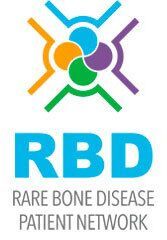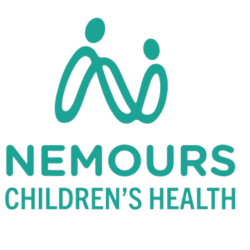
Living with a rare condition presents a unique set of challenges, not least of which is deciding how and when to share information about the condition with others. It’s a deeply personal decision, influenced by how comfortable we are with revealing personal details and our relationships with those around us.
The Challenge of Sharing
For those with rare conditions, retelling your 'story' to healthcare professionals is a common part of receiving appropriate care. However, in everyday interactions, you might not always feel the need or desire to share as much. Deciding whether to disclose details about your or your child's condition depends on several factors: the context, the nature of your relationship with the person, their likely response, and the necessity of the disclosure, especially in health crises or professional settings.
Managing Perceptions and Assumptions
A rare condition can sometimes lead to assumptions about physical appearance or behavior, which can be distressing. How you choose to respond or correct these misconceptions is a personal choice and can vary depending on the situation and your emotional state at the time. There may also be concerns about being treated differently or facing invasive questions that you prefer not to answer.
Preparation and Strategy
Thinking ahead about what you want to say can make these conversations easier. Consider who you are speaking to, what you want them to understand, the timing of the discussion, and your environment. Being clear on why you want to share information and what you hope their response will be can also guide the conversation.
Support in Professional and Educational Settings
For those affected by a rare condition, whether directly or as a carer, it's crucial to know that you can request 'reasonable adjustments' at work or in educational settings. These adjustments are meant to ensure that you are not at a disadvantage and can include modifications like a shorter workday, changes in responsibilities, or physical accommodations.
Communicating with Children About Their Condition
Talking to children about their rare condition should be handled delicately and thoughtfully, considering their age, awareness, and communication ability. It’s beneficial to first process your own feelings, as this affects how you discuss the condition with your child and helps you to provide reassurance and support.
Children’s concerns are often practical and based on how the condition affects their daily lives. They may wonder about hospital visits, differences in appearance, or limitations on activities. Using the name of the condition in everyday conversation can help normalize it, making it easier for them to understand and accept.
The Power of Community
Knowing that they are not alone can be incredibly comforting for someone with a rare condition. Engaging with community groups, whether through online platforms or in-person events, can provide significant emotional support and reduce feelings of isolation.
Conclusion
Ultimately, each conversation about a rare condition is unique. Balancing openness with the need for privacy, managing how others perceive the condition, and providing support are all part of navigating these complex interactions. By being prepared and understanding your rights and resources, you can handle these discussions more confidently, ensuring you and your loved ones receive the support and understanding you deserve.










